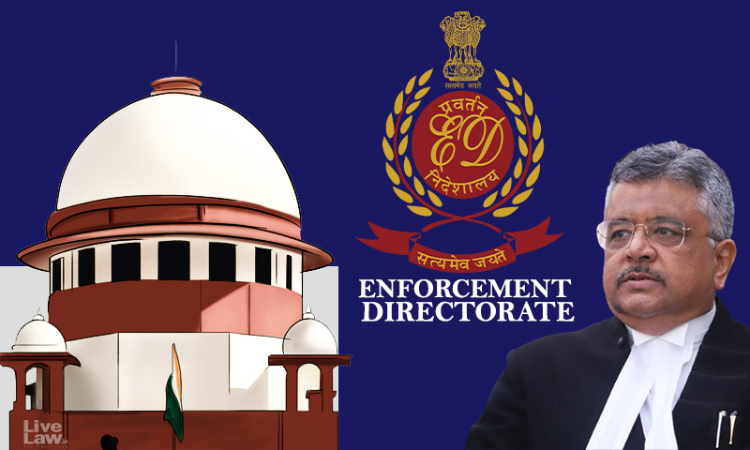There's No Statutory Cap For ED Director's Term, Argues Solicitor General; Supreme Court Reserves Judgment
Shruti Kakkar
18 Aug 2021 7:35 PM IST

The statutory prescription 'not less than 2 years' does not mean the term cannot exceed 2 years, the SG argued.
Next Story


